Best Companion Plants For Cabbage To Grow A Healthy Harvest
Title: Best Companion Plants for Cabbage to Grow a Healthy Harvest
Introduction:
Cabbage is a delicious and nutritious vegetable that is a staple in many gardens. However, cabbage can be susceptible to pests and diseases, so it is important to plant it with companion plants that can help to deter these problems.
Companion planting is a gardening practice that involves planting different types of plants together in order to benefit each other. Some plants can help to attract beneficial insects, while others can help to repel pests. Some plants can also help to improve the soil quality, which can benefit all of the plants in the garden.
In this blog post, we will discuss the best companion plants for cabbage. We will also discuss some plants that should be avoided when planting cabbage.
Main Content:
Good Companion Plants for Cabbage:
- Beans: Beans are a nitrogen-fixing plant, which means that they can help to improve the nitrogen content of the soil. This can benefit cabbage, which is a heavy feeder. Beans can also help to attract beneficial insects, such as ladybugs and lacewings.
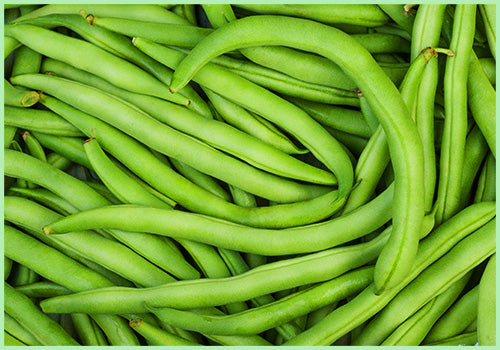
- Carrots: Carrots can help to repel cabbage root maggots, which are a common pest of cabbage. Carrots also have a deep root system, which can help to break up compacted soil. This can benefit cabbage, which prefers loose, well-drained soil.
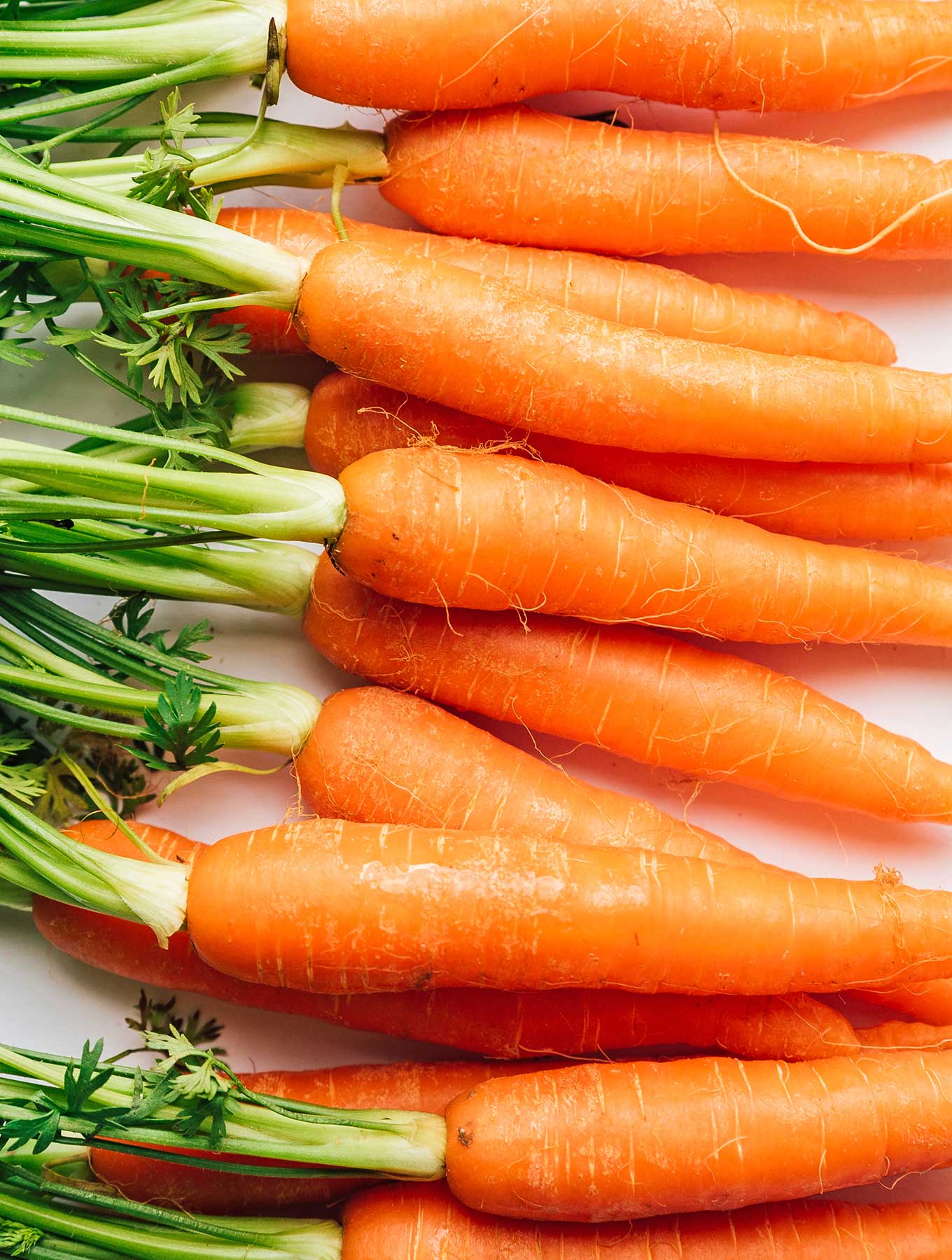
- Celery: Celery can help to repel cabbage moths, which are another common pest of cabbage. Celery also has a strong scent that can help to deter other pests.
- Herbs: Many herbs can be beneficial companion plants for cabbage. Some herbs, such as chives, dill, and mint, can help to repel pests. Other herbs, such as basil, oregano, and rosemary, can help to attract beneficial insects.

- Marigolds: Marigolds are a popular companion plant for many vegetables, including cabbage. Marigolds can help to repel pests, such as cabbage moths and Japanese beetles. They can also help to improve the drainage of the soil.
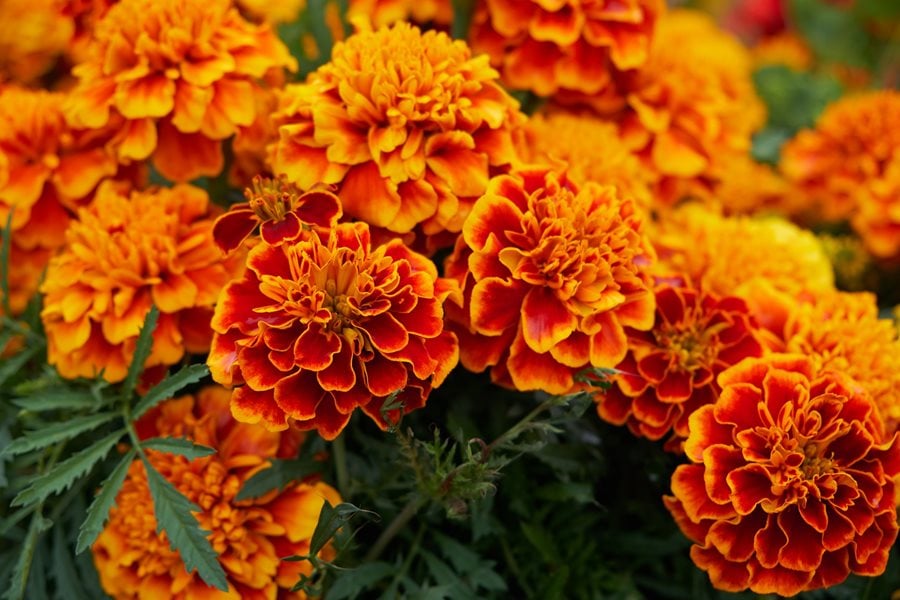
- Onions: Onions can help to repel cabbage root maggots and other pests. They can also help to improve the flavor of cabbage.
- Potatoes: Potatoes can help to repel cabbage root maggots and other pests. They can also help to improve the drainage of the soil.
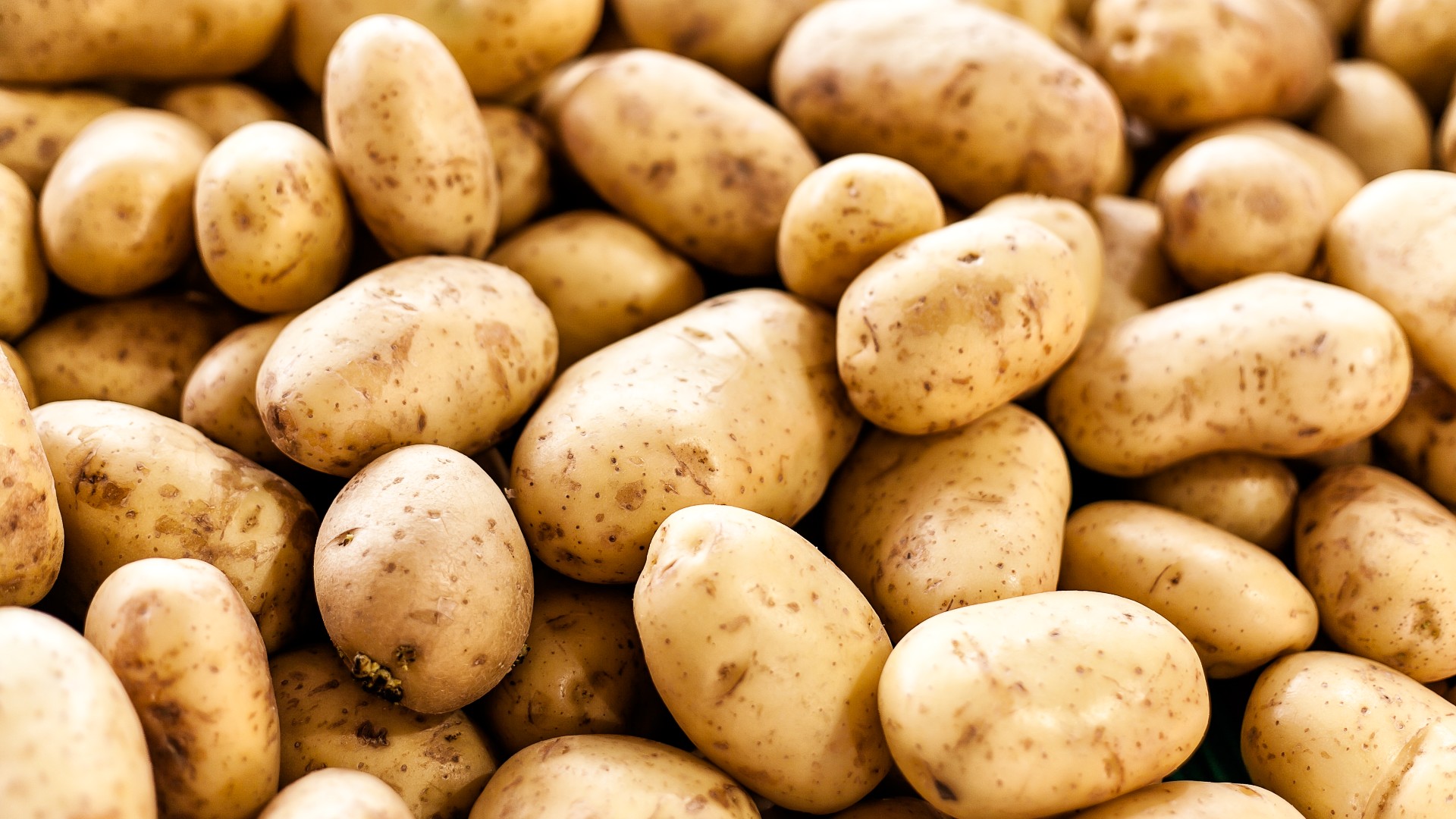
Bad Companion Plants for Cabbage:
- Brassicas: Other brassicas, such as broccoli, cauliflower, and Brussels sprouts, should not be planted near cabbage. This is because these plants are susceptible to the same pests and diseases.
- Fruit trees: Fruit trees can attract pests that can also attack cabbage. For example, apple trees can attract codling moths, which can also attack cabbage.
- Mustard: Mustard plants can attract pests that can also attack cabbage. For example, mustard plants can attract cabbage root maggots.

Conclusion:
By planting cabbage with the right companion plants, you can help to deter pests, improve the soil quality, and boost the flavor of your cabbage harvest.
Cabbage is a delicious and nutritious vegetable that can be grown in many different climates. But did you know that there are certain plants that can help cabbage grow better? These are called companion plants, and they can provide a number of benefits to cabbage, such as attracting beneficial insects, repelling pests, and improving soil health.
Here are some of the best companion plants for cabbage:
- Beans: Beans are nitrogen-fixing plants, which means they can help to improve the nitrogen content of the soil. This is beneficial for cabbage, as it is a heavy feeder.
- Borage: Borage is a flowering plant that attracts beneficial insects, such as ladybugs and hoverflies. These insects help to control pests that can damage cabbage, such as cabbage moths and aphids.
- Carrots: Carrots and cabbage are both root vegetables, and they can help to suppress weeds that compete with them for resources.
- Marigolds: Marigolds are another flowering plant that repels pests. They are especially effective at repelling nematodes, which can damage cabbage roots.
For more information about companion plants for cabbage, visit Garden Wiki.
FAQ of companion plants to cabbage
Q: What are some good companion plants for cabbage?
A: There are many good companion plants for cabbage, but some of the most popular include:
- Beans: Beans are nitrogen-fixing plants, which means they add nitrogen to the soil. This is beneficial for cabbage, as it is a heavy feeder.
- Borage: Borage attracts beneficial insects, such as ladybugs and hoverflies, which help to control pests. It also has a strong scent that deters cabbage moths.
- Carrots: Carrots and cabbage are both root vegetables, so they don't compete for space or nutrients. They also help to repel each other's pests.
- Chives: Chives are another insect-repelling plant that can be grown near cabbage. They also add flavor to cabbage dishes.
- Marigolds: Marigolds are a popular companion plant for many vegetables, including cabbage. They help to repel pests, such as cabbage moths and nematodes.
- Onions: Onions and cabbage are both members of the Allium family, so they benefit from being planted together. They help to repel each other's pests and diseases.
Q: What are some plants that should not be planted near cabbage?
A: There are a few plants that should not be planted near cabbage, as they can compete for space, nutrients, or water. These plants include:
- Mustard plants: Mustard plants can attract pests that also target cabbage.
- Strawberries: Strawberries can harbor pests that can also damage cabbage.
- Tomatoes: Tomatoes and cabbage are both heavy feeders, so they can compete for nutrients.
- Grapes: Grapes can shade out cabbage plants, stunting their growth.
- Pole beans: Pole beans can spread diseases to cabbage plants.
Q: What is the best time to plant cabbage?
A: The best time to plant cabbage depends on your climate. In general, you should plant cabbage seeds indoors 8 weeks before the last spring frost for a spring crop and 14 weeks before the first fall frost for a fall crop.
Q: How far apart should cabbage plants be planted?
A: Cabbage plants should be spaced 18-24 inches apart. This will give them enough room to grow and mature properly.
Q: How do I care for cabbage plants?
Cabbage plants need regular watering, especially during hot, dry weather. They also need to be fertilized every few weeks. You can use a balanced fertilizer, such as 10-10-10, or a fertilizer specifically formulated for cabbage.
Cabbage plants are susceptible to a number of pests and diseases, so it is important to inspect them regularly. If you see any signs of pests or diseases, take action immediately to prevent the problem from spreading.
Image of companion plants to cabbage
- Chamomile: Chamomile helps to repel cabbage moths and other pests.
- Wormwood: Wormwood deters cabbage loopers and other cabbage pests.

- Chives: Chives repel aphids, cabbage moths, and other pests.

- Summer savory: Summer savory repels cabbage moths and other pests.
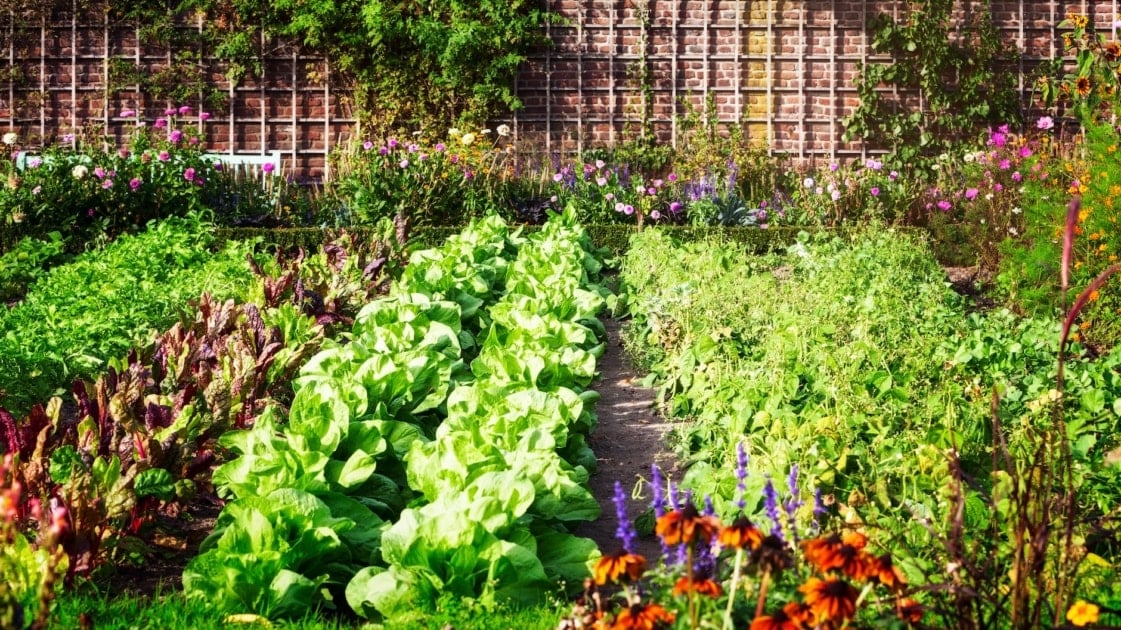
- Coriander: Coriander deters cabbage root maggots.
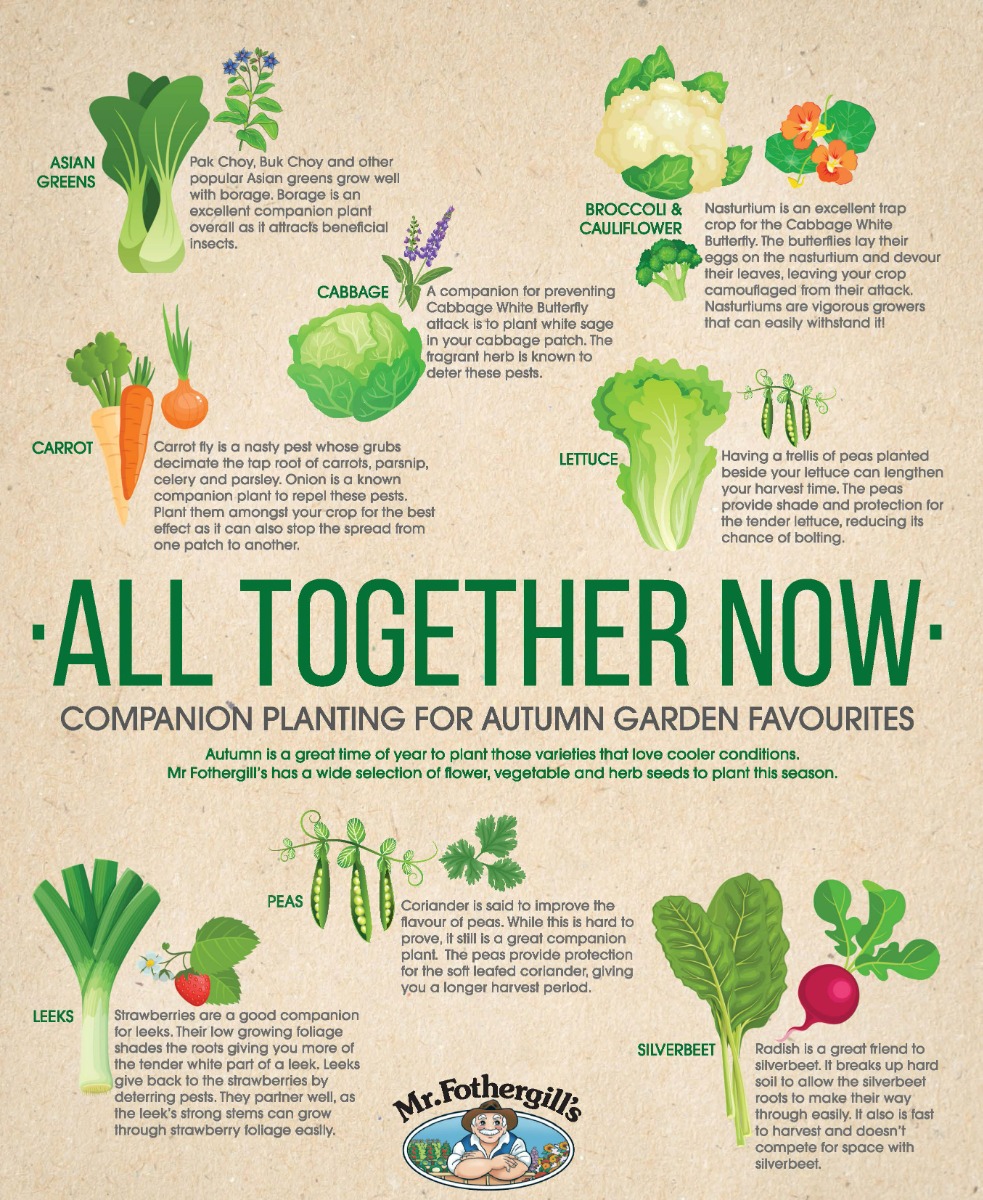
- Thyme: Thyme repels cabbage moths and other pests.
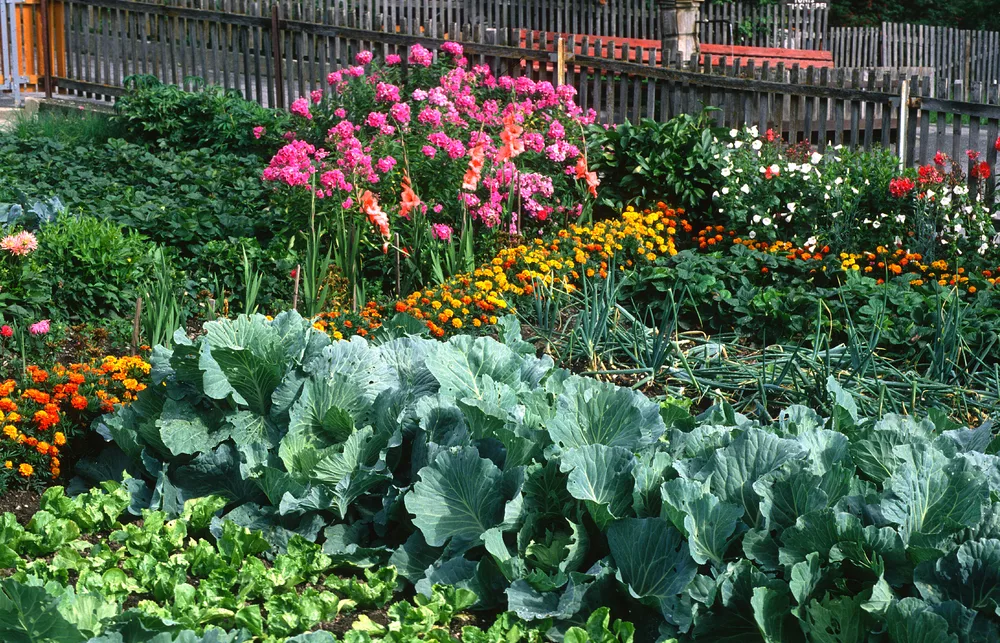
- Yarrow: Yarrow deters cabbage root maggots and other pests.
- Dill: Dill attracts beneficial insects that help to control cabbage pests.
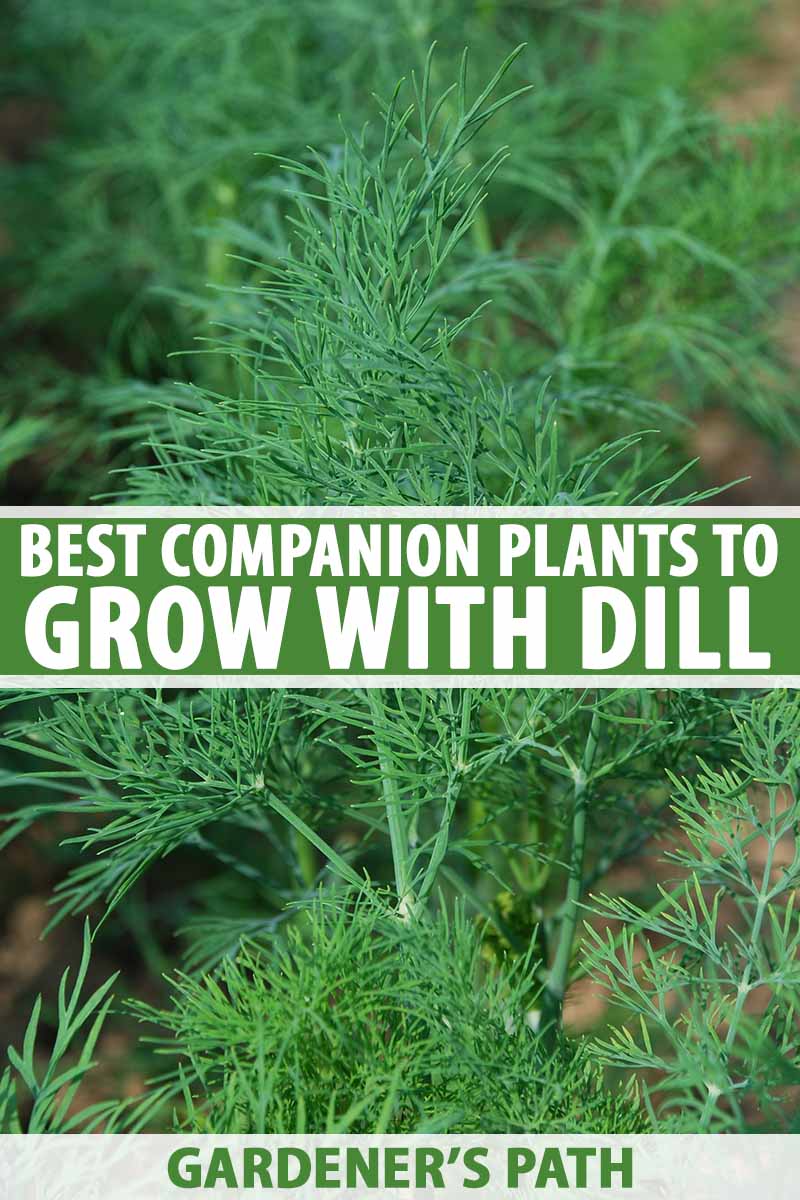
- Mint: Mint deters cabbage root maggots and other pests.

- Marigolds: Marigolds repel nematodes, which can damage cabbage roots.



Post a Comment for " Best Companion Plants For Cabbage To Grow A Healthy Harvest"